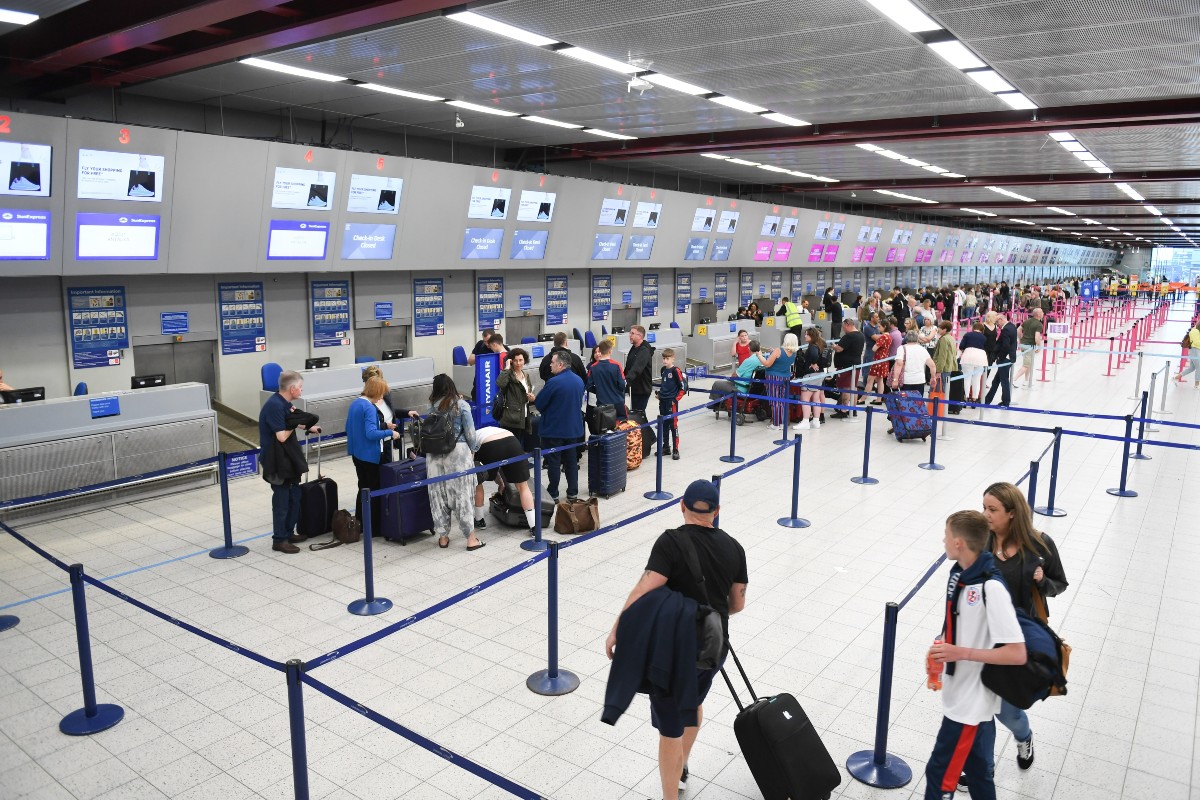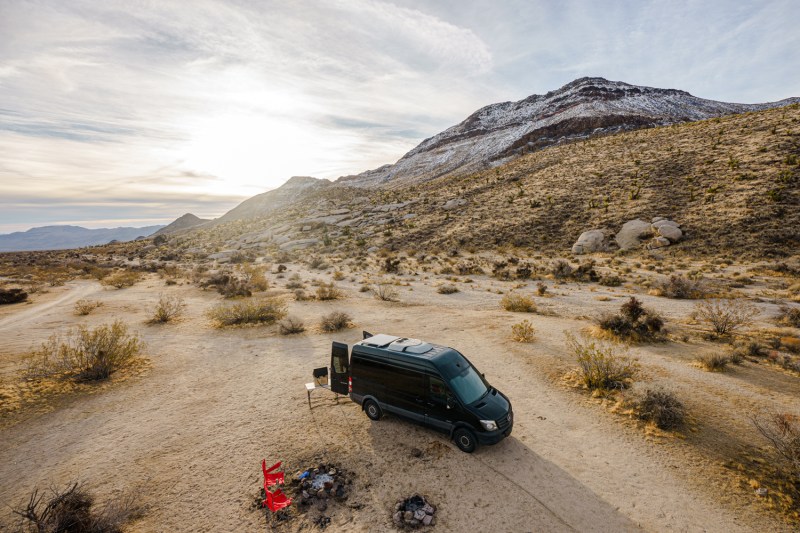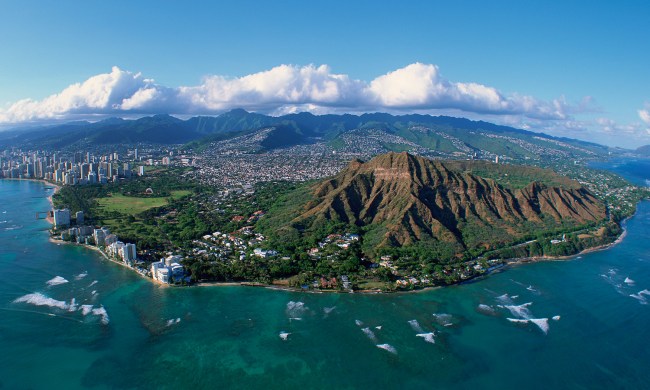After two years of little to no international travel due to border closures and other Covid-related restrictions, last year brought globetrotting roaring back — so much so that many airports struggled to cope with the surge. Similarly, in 2023, travel will continue to grow toward pre-pandemic levels as even more people become comfortable looking abroad, so now seems like a good time to dive into the big 2023 travel trends to come.
The way people travel is changing, not only in regards to how they do it but why they travel as well. This is having a major impact on the realm of travel in general. So without further ado, let’s peer into the crystal ball and take a look at the not-so-distant future and the travel trends we expect to see in the new year.

Digital nomads on the rise
The so-called “digital nomad” lifestyle was rising in popularity before the pandemic, but it’s exploding now. Office closures pushed many into remote work, and as workers become more comfortable with location independence, they’re increasingly going to embrace the lifestyle. The uncertainty of the pandemic and isolation of the lockdowns also forced many to reassess their values, so increasing numbers of people are electing to prioritize life experiences over traditional comforts.
Digital nomads rely on “slow travel” services that allow them to conveniently relocate from place to place and enjoy medium- to long-term stays. That means Airbnbs set up with full amenities, monthly motorbike rentals delivered directly to your door, monthly gym memberships without annual commitments, and so on. The digital nomad lifestyle is also inspiring a growing number of countries to introduce long-term visas for remote working visitors.

The boom of sustainable travel businesses
With more and more travelers becoming conscious of the climate crisis, the demand for sustainable travel services and experiences is surging. Many travel business owners also took advantage of the shutdowns associated with the pandemic lockdowns to upgrade their eco-friendly offerings. As a consequence, this has fueled something of a sustainability race within the travel industry.
The result is that more hotels and other service providers are embracing sustainable operational practices and technologies, like periodic rather than daily turndowns and smart energy systems. We’re also seeing the rise of eco-experiences that prioritize environmental activities, such as safaris via electric vehicles, coral planting in the waters of tropical islands, and eco-lodges that support the local habitat. With these opportunities on the rise, the number of people seeking places to travel where they can experience nature sustainably will continue to grow.

More airport travel chaos
In the summer of 2022, airports around the world experienced a slew of problems as the number of travelers exploded while airlines, airports, restaurants, and other related businesses had yet to re-staff as the pandemic wound down. Amsterdam’s Schiphol Airport became particularly chaotic with long lines, scores of flights canceled, and countless pieces of luggage lost.
Unfortunately, issues like these are going to remain common in the year to come. Airlines — never the paragon of operational success and customer satisfaction in the first place — were among the hardest hit businesses during the pandemic, and they simply haven’t managed to get back up to speed. Coupled with numerous instances of travelers’ bad behavior that’s caused many airline workers to quit even after sticking out the pandemic, it’s clear that the airline industry still has a ways to go before it returns to normalcy.
Psychedelic trips
One of the most far-out vacation trends involves the growing interest in psychedelic travel experiences. Ayahuasca and mushroom retreats have enjoyed a steady rise in underground popularity for many years now, but the expanding awareness of the benefits of various psychedelics — fueled in no small part by Michael Pollan and his How to Change Your Mind series on Netflix — has pushed more people to seek them out. It’s also inspired new businesses to pop up to take advantage of loopholes and loosening restrictions around the globe.
This includes everything from the classic trip to South American countries like Peru, Brazil, or Colombia to participate in an ayahuasca ceremony, to chilling on the beach at a mushroom retreat in Jamaica, to traveling to take ketamine or psilocybin therapy in newly legalized centers in London or Oregon. Of course, there’s always Amsterdam too, still there doing its own thing.

Luxury van living
It’s no secret that van life has been a hot trend for a while now. It’s also no surprise that the pandemic pushed many to convert vans, SUVs, and even small hatchbacks to make road-tripping domestically easier when international travel ceased. However, while van life has primarily had a DIY ethos, its growing popularity has resulted in an array of new readymade products to meet the demand.
For the DIY-minded, that means increasingly sleek, vehicle-oriented appliances to install in their conversions. Those with the money, however, are now able to get behind the wheel of a broad selection expensive pre-fab sleeper vans. For those who can’t afford the top-dollar price tag, there are more and more companies offering vans for short- or long-term rental. This is also driving the demand for support businesses, like high-end campgrounds with more services and reliable wifi.




